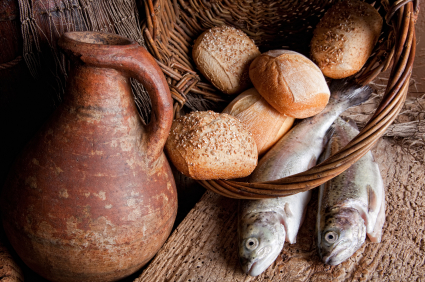I was out shopping and feeling a little overwhelmed by the financial pressure of the holiday season. Organizations begging for donation money. My shopping list for friends and family and my own Christmas want list.
 Do you ever get that way? I deserve this because: (list reason here.) It’s not at all financially responsible or Christ-like but I was in one of those moods as well.
Do you ever get that way? I deserve this because: (list reason here.) It’s not at all financially responsible or Christ-like but I was in one of those moods as well.
Perhaps you’ve had a year like our family has where you’re hemorrhaging money around every corner. Two children in braces. Hubby needing dental work. Crowns (the dental ones) are expensive! The house needed painting. Before we knew other things were going to break, we built a roof over our deck which we’d put off for years. Then cars broke down. The garage door broke. The dog broke– well, got sick and that mysterious hum vibrating our house whenever someone took a shower meant the water heater was on its last leg.
It just seemed like everywhere we turned– we were signing big checks for things that weren’t vacations at Disney.
I’m in my car, thinking through all these things when my own children came to mind. This is probably the first year they’ve been anxious and uber-excited about buying gifts for other people. Their allowance couldn’t stay in their pockets long enough. It was fun to see them pick just the right things for people of our family. Though, they did soon figure out that those “good prices” generally meant “small quantity” but I digress.
This has been a year where I’ve seen my two children grow in their giving spirit. Over the summer, my girls and several neighborhood children were putting up lemonade stands almost every weekend. They collectively earned close to $90.00 and decided to donate it to St. Jude’s Children’s Hospital. It was definitely one of those proud mommy moments.
Look at these children I’ve raised. How generous they are with their money!
Then, a little bit of the Grinch seeped into my heart when analyzing the reason for their generosity.
Of course they can be that generous with their money because they know their father and I will take care of all their needs.
And then one sentence spoke into my mind breaking the silence of my car.
Do I not do the same for you?
I’m not one to hear God’s voice all the time. These moments are truly rare for me but I felt a conviction deep in my soul. Of course, God does provide for our every need but how often do we recklessly apply that principle, like my children, to our every day lives? How quick are we to completely drain our bank accounts to a worthwhile charity and be completely at peace with it because we know that God will provide for us?
I know I don’t but it got me thinking about ways that I could begin to stretch myself to do these things.
Christmas is really about getting every need fulfilled. There was an unrepairable distance between God and ourselves until Jesus came along.
What is it you need for Christmas? Is it unconditional love? Friendship? Grace? Mercy? Forgiveness?
That’s what was sleeping in the manger.
My hope for you this Christmas is that you, too, can have a moment where the Christmas spirit speaks to you in a way like this.
This year, the Water Cooler will be taking a blog break until January 2nd to give our authors and volunteers focused time with God and their families.
Speaking for all of here at the WordServe Water Cooler– we hope and pray you have a wonderful, blessed Christmas!










